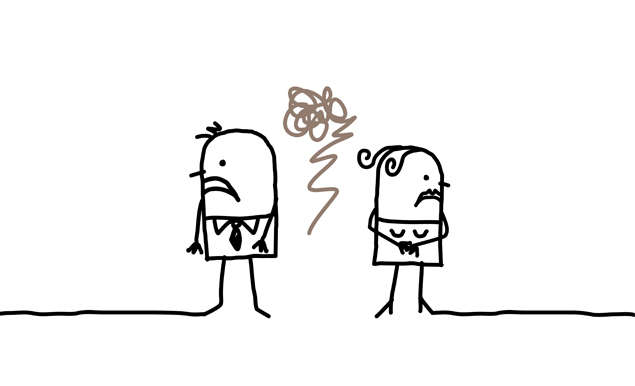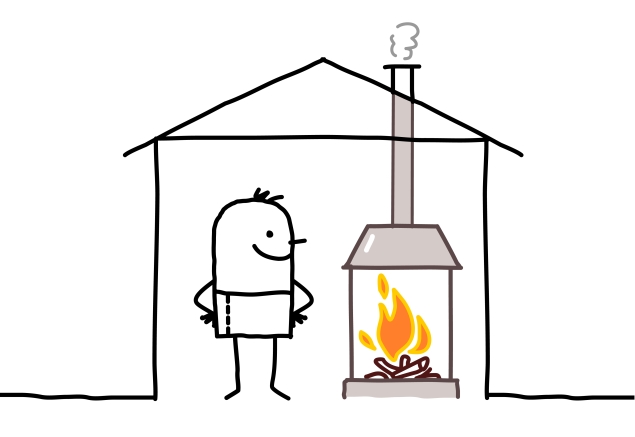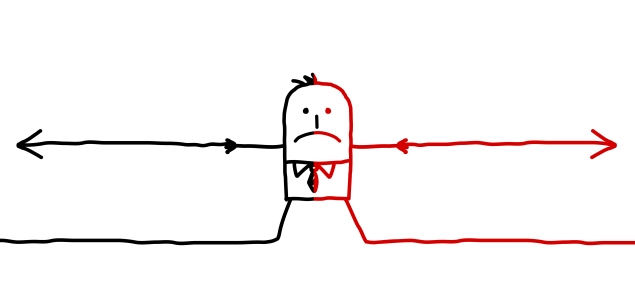 In relationship counselling, I focus on helping couples to take steps to help their relationships thrive or to get back on track. My dual-pronged couples counselling approach involves helping both partners learn and practice skills to communicate constructively about their issues while also helping them build and nurture feelings of friendship and intimacy when they are not discussing issues.
In relationship counselling, I focus on helping couples to take steps to help their relationships thrive or to get back on track. My dual-pronged couples counselling approach involves helping both partners learn and practice skills to communicate constructively about their issues while also helping them build and nurture feelings of friendship and intimacy when they are not discussing issues.
LIMITING NEGATIVITY BY LEARNING TO DISCUSS ISSUES AT THE RIGHT TIME
Many couples come to counseling reporting that their discussions of issues frequently feature gridlock accompanied by negativity in the form of criticism, defensiveness, name-calling or worse. The resulting resentment and hurt feelings make it very difficult for the couple to be motivated to build connection and friendship when not discussing issues. It also leads to their being reluctant to bring up valid concerns, leading to further resentment and negativity. I therefore often begin working with couples to help them decrease the negativity in their discussions of issues. In this regard, I teach couples a system which helps them to determine whether both partners are in the right frame of mind to be constructive and, if not, to postpone the discussion until they are. I also help couples to practice pulling out of discussions of issues when they notice signs that the discussion is likely to deteriorate into negativity if they continue talking.
BUILDING POSITIVITY AND CONNECTION
Not only do most couples who come for counseling report that they have too much negativity when they communicate, they also typically tell me that their relationship is lacking in positivity. Notably, couples frequently indicate that they do not spend nearly as much time as they used to doing activities to enjoy each other’s company and build connection and intimacy. This decline in ‘quality-time’ activities results in the relationship’s ‘emotional bank account’ not having enough deposits of positivity, leading you and your partner to have a negative view of each other and the relationship. This negative perspective makes it very difficult for couples to be constructive with each other when discussing issues. Early on in therapy, I work with couples to begin the steps to restore connection and intimacy. At first, it may feel unnatural and even forced to spend quality time with your partner after having had primarily negative interactions with them in the recent past. However, couples who continue to make the deposits of positivity to the relationship’s emotional bank account reap the benefits of doing so as they slowly but surely move toward a positive view of their partner and the relationship as well as more frequent positive mood and enjoyment of each other.
LEARNING SKILLS TO DISCUSS ISSUES CONSTRUCTIVELY
Once couples have practiced choosing the right time to discuss issues and have begun to rebuild positivity through spending quality time with each other, I help them learn and practice skills to work through issues in a constructive manner which is less likely to produce gridlock and negativity. Using these skills involves a ‘paradigm shift’ in which each partner considers not only what they want to communicate to their partner but also what skills they will use to make it more likely that they and their partner will be able to constructively communicate about the issue in question. Couples typically experience a sense of relief and decrease in tension from this shift away from focusing on whether their partner is responding as they would like and toward a focus on performing their own behaviours and skills which are completely within their control. With each partner focusing on their own ‘process goals,’ they are much more likely to achieve their ‘outcome goals’ of having their and their partners concerns constructively addressed.
IDENTIFYING AND CHANGING THINKING PATTERNS TO IMPROVE YOUR RELATIONSHIP
Thinking patterns play a major role in individual issues like depression, anxiety and anger management. They also have large effects on the quality of people’s relationships. I therefore teach couples psychological skills to help them think about events and behaviours, particularly those which occur in their relationship, in a more balanced and positive manner. The skills involve keeping track of and making changes to the thoughts they experience in connection with stressful events, identifying and changing underlying rules they use to guide their behaviour but which may not be serving them or their relationship well, and helping them address any deeply held core beliefs about themselves or relationships which may be contributing to their problems. Couples who practice these more positive and constructive ways of thinking see the benefits in various parts of their lives including their relationships.
MANAGING THOSE ISSUES WHICH DON’T GO AWAY
Every relationship comes with several issues which keep resurfacing no matter how many times the couple discusses them. These ‘perpetual problems’ typically stem from differences between you and partner in background and personality. Although these differences are also often sources of attraction between partners, the ongoing problems which they create require additional skills beyond those used to address the many ‘solvable problems’ the couple encounters. Couples who work with me in my role of Calgary psychologist learn the skills to manage their perpetual problems so that they can focus on the positive aspects of their different backgrounds and personalities.
PURSUING MUTUAL GOALS AND DREAMS
Most couples begin their relationships having dreams of how they would like their lives to be together. Unfortunately, the increase in negativity in decrease in positivity which leads them to seek counseling typically leaves them feeling like these dreams have been shattered and lost forever. I encourage couples I work with to revisit the dreams they originally had for their relationship and to explore new dreams going forward. Most importantly, I help them to take the steps which allow these dreams to come true.






